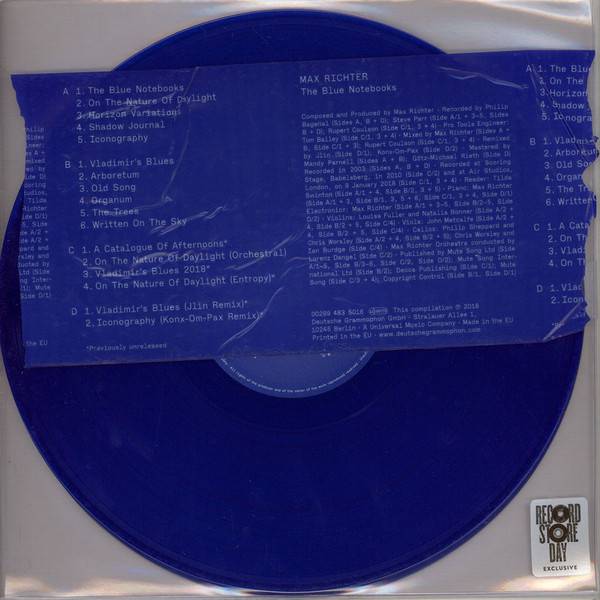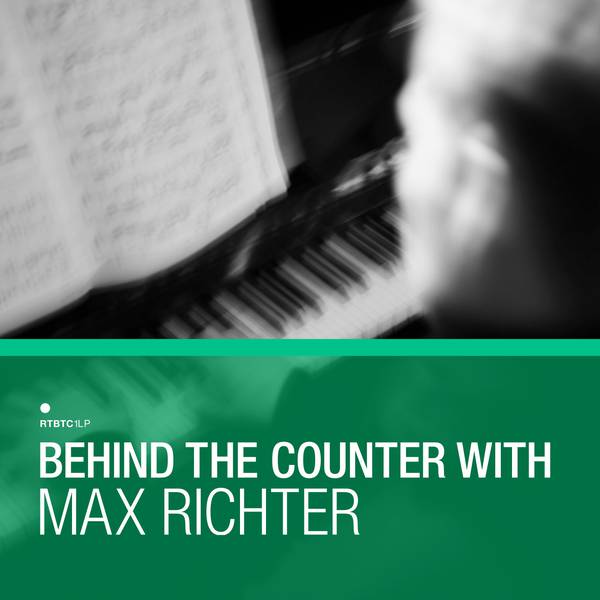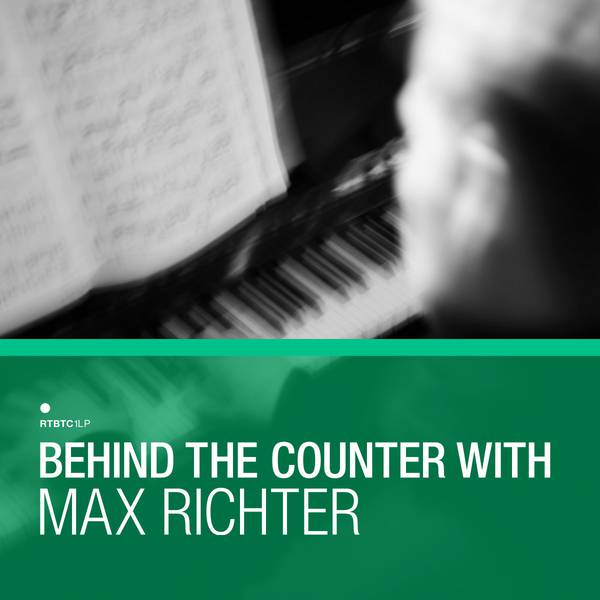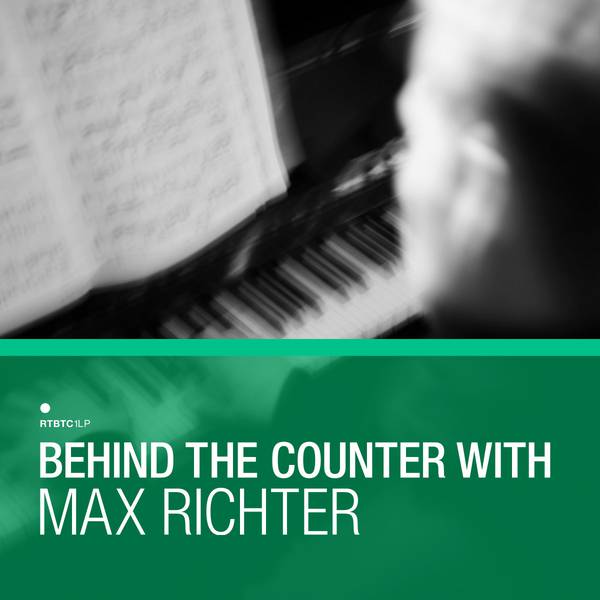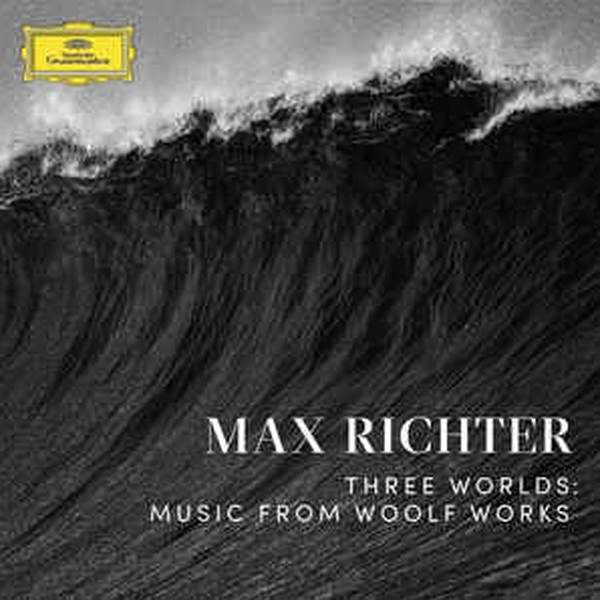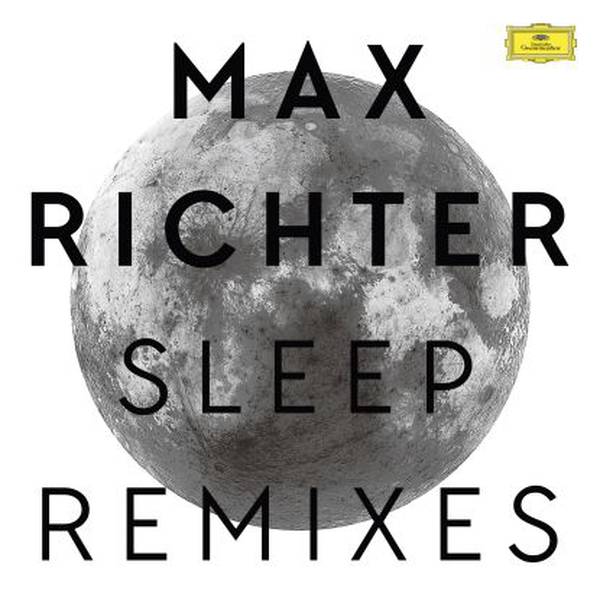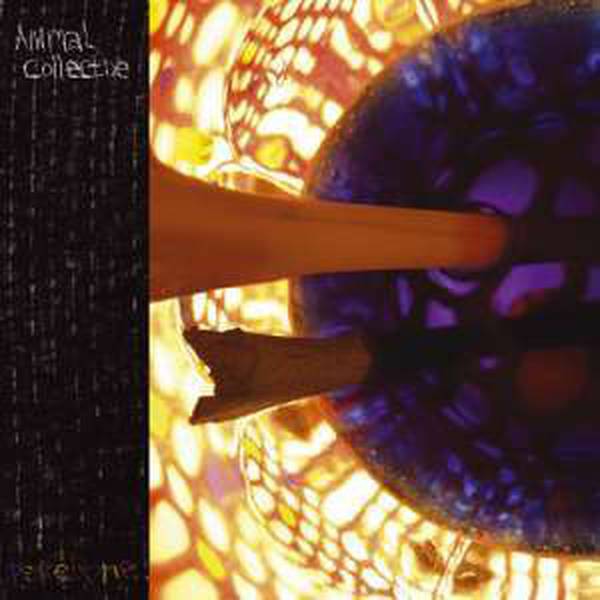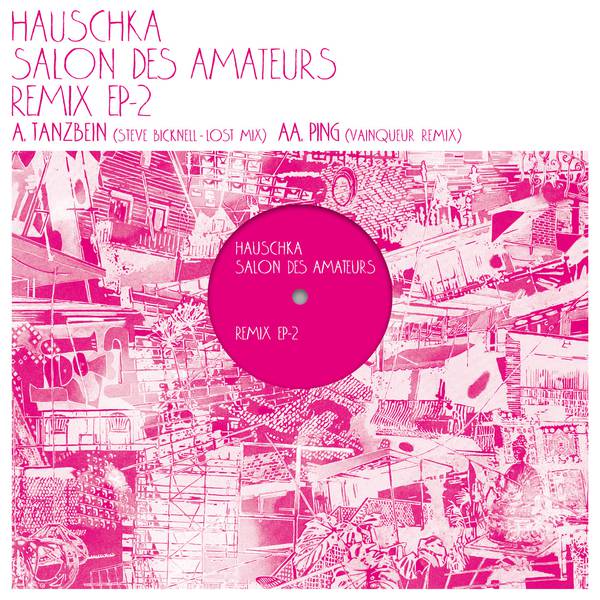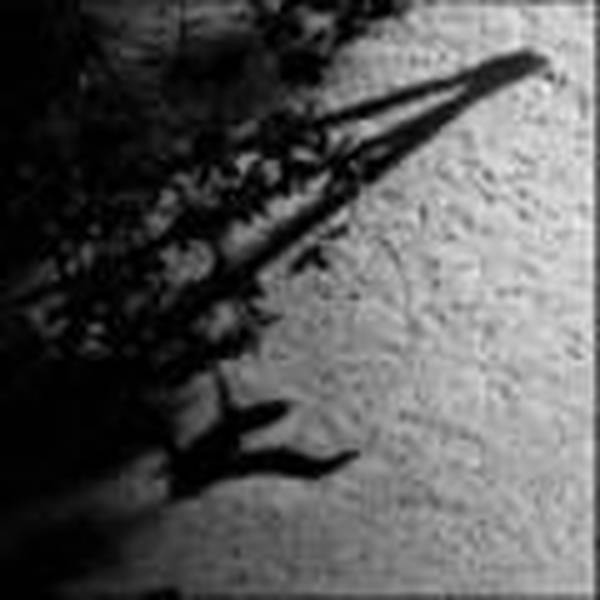
Tax included, Shipping not included
Following releases by Set Fire To Flames and Sylvain Chauveau, Max Richters "The Blue Notebooks" was the fourth release on FatCat';s 130701 imprint, established as an outlet for more more orchestrated, instrumental material. Richter is a British-based, German-born pianist and composer. Following 2002's highly-acclaimed "Memoryhouse" - performed by the BBC Philharmonic Orchestra and released on the BBC’s classical label, Late Junction - ‘The Blue Notebooks’ is his second solo album, a distinctive and adventurous work that is beautifully recorded and cinematic in scope. Opening with a text from Franz Kafka over a sparse piano melody, the album moves through gorgeous, heart-wrenching string swells of ‘On The Nature Of Daylight’ (which quotes a tune from ‘Memoryhouse’), through to sparse but lyrical piano pieces, hazy, swirling atmospherics, avalanche pulse-beats and partially occluded melodies that recall Aphex twin’s ‘Ambient Works’ albums, and to reverberant organ / choir recordings. Utilising piano, cello, violin and viola, alongside electronic beats (made using a variety of antique electronics and Reaktor), spoken word passages and the occasional field recording, other sounds were generated via old guitar pedals and vocoders. The organ music was made for a chapel near Tourtres in South-West France, whilst the environmental sounds are mainly recorded around London. The tone of the album is generally domnbeat – a series of bittersweet articulations that seem suspended somewhere between a certain dreamy sense of wonder / awe and a heavy melancholia. Peppered across Richter’s music like diary entries (and backed with attendant typewriter clatter) are a number of literary texts or ‘shadow journals’ (lifted from Kafka’s ‘the Blue Octavo notebooks’, and from Polish author Czseslaw Milosz’s ‘Hymn Of The Pearl’ and ‘Unattainable Earth’). Apparently chosen by Richter on instinct, they were recorded by acclaimed British actress, Tilda Swinton, who has starred in films including ‘Adaption’, ‘Orlando’, ‘The Garden’, and ‘The Beach’. These brief passages muse over time, memory, and the impermanent nature of things. With Richter playing piano, the other featured players here are his regular collaborators, Louisa Fuller (violin), Natalia Bonner (violin), John Metcalfe (viola), Philip Sheppard (cello), and Chris Worsey (cello). Born in 1966, Max Richter trained in composition and piano at Edinburgh University, at the Royal Academy of Music, and with with Luciano Berio in Florence. The Richter family moved to the UK from Germany when Max was a young child, leaving the wider part of his family distributed around Germany. This sense of a lack of roots had an effect on his musical formation - “I have always had a sense of belonging, in some way, to the middle of Europe but not specifically to any one place…” he explains. On completing his studies, Richter co-founded the immensely successful contemporary classical ensemble Piano Circus, where he stayed for ten years, commissioning and performing works by Arvo Pärt, Brian Eno, Philip Glass, Julia Wolfe and Steve Reich. Richter was also pro-active in developing the group’s use of live sampling. “I have always listened to a broad range of music. In my early teens I was listening to a lot of classical standard repertoire as well as 20th century work. During this time I also built and customised a number of analogue electronic instruments and was immersed in the early electronic music scene.” In 1996 he worked closely with The Future Sound of London on their release ‘Dead Cities’. Initially involved as a pianist, he ended up co-writing a track (which they subsequently titled ‘Max’). Following this, Richter collaborated with FSOL over a two-year period on the album ‘The Isness’, with his input ranging from programming or piano playing to arranging, mixing, co-producing and co-writing various tracks. Max’s orchestrations have also graced ‘In The Møde’ by drum’n’bass pioneer Roni Size.
Details
Genre
Release Date
15.06.2016
Cat No
36113041
Produkt- und Herstellerinformationen
